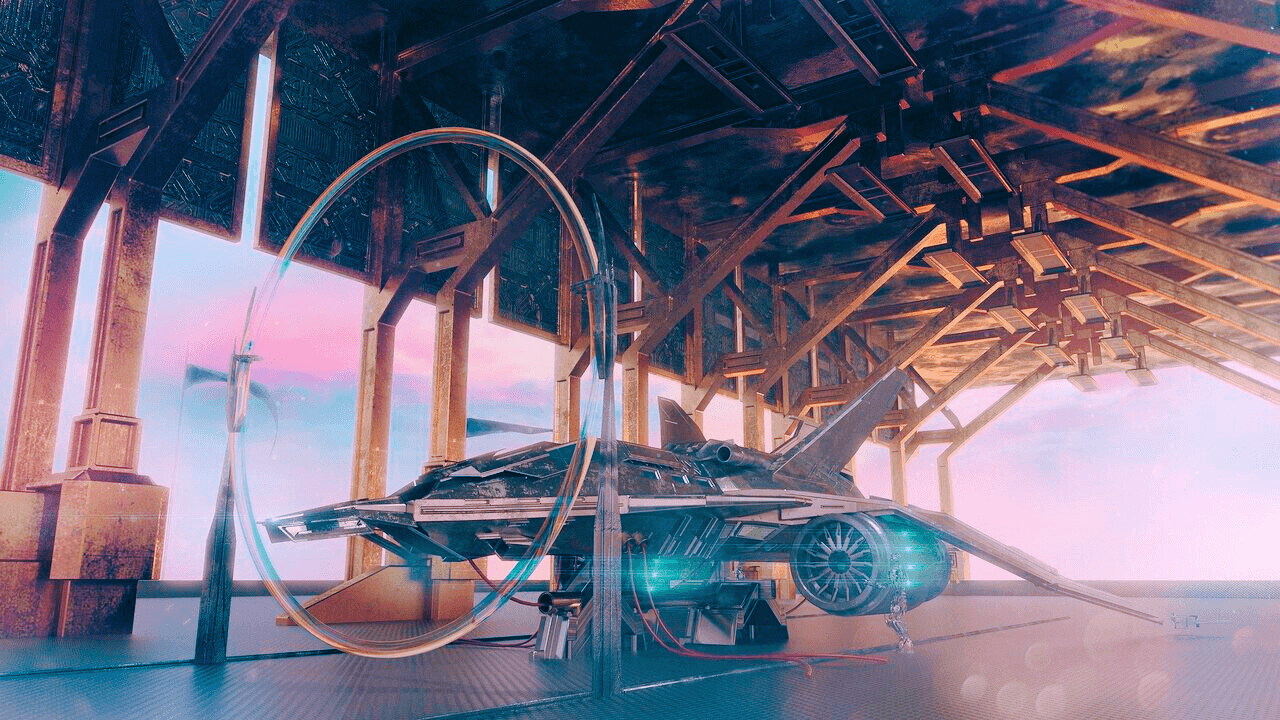The last few years have brought a strong increase in scientific startups. They typically come with some distinct advantages – clever teams, initial hypotheses are proven, and ideas that have been subject to academic rigour and peer reviews.
However, combining deep tech with the necessary entrepreneurship to pitch to investors and customers and deliver business-ready solutions is not always easy.
But one company is here to change that, Hello Tomorrow.
Since 2011, it has worked as leaders, connectors, advisors, and analysts to accelerate the transfer of deep technologies to solve some of our most pressing industrial, environmental and societal challenges.
In anticipation of his upcoming attendance at our Tech.eu summit in Brussels, I spoke with CEO Arnaud de la Tour to find out more.
De la Tour shared that the idea for Hello Tomorrow was borne out of a need to bring entrepreneurship to deep tech, noting:
The team identified a lack of business acumen and entrepreneurship in the sciences.
Instead, "doing business was more like evil than anything else. But we could see that there was a lot of potential in other crazy innovations and discoveries that we were seeing in the labs. What researchers cared about mostly was being published not bringing ideas to market and having a real impact. So we wanted to change that."
He notes that,
"Something that became very clear was that a few years ago, we had a huge gap between Europe and the tech founders from the US who could pitch really well. But it's changing rapidly."
Hello Tomorrow has partnered with over 200 of the best universities and accelerators to identify new and promising projects. It connects key players such as startups, universities, investors, accelerators, and enterprises in a global ecosystem through events, competitions and programs around the globe.
This means it's less about the "mad scientist in the lab" and more about bringing solutions to market.
"What we wanted to do is, is really bring the solutions faster to the market to have a positive impact on the world. We were talking about changing the world. And that's what still drives us today."
The company's annual competition has helped foster this. The first attracted over 1500 projects from European universities and has grown to invite global participants. Over €1 million has been awarded to startups.
Winners extend across a vast range of verticals and include Sweetch Energy from France, which has developed technology that, for the first time, allows the production of large-scale, permanent, 100% clean electricity from osmotic power.
There's also Orbem from Germany who use a combination of AI and MRI tech to identify the fertility status and gender of unborn chickens without damaging the eggs, preventing billions of infertile eggs from being wasted, as well as preventing the unnecessary death of billions of male chickens each year that are culled just after birth.
In Sweden, biopharmaceutical development company Ilya Pharma has been awarded for its work developing surgical wound care.
The power of collaboration leads to combinatorial innovation
One of the biggest strengths of Hello Tomorrow is that it fosters a convergence of seemingly disparate disciplines.
De la Tour shared that many industries, such as biomedical sciences, depend on their existing networks, which may be decades old.
However, today requires a new kind of collaboration as disciplines converge to develop solutions outside the traditional sectors known today. For example, de la Tour notes:
"So we need new sectors. And we might use technology developed in one sector, such as biology, to develop construction materials or textiles that have never been done before. So we need to create those new sectors, new value chains."
The changing relationship between startups and enterprise
I'm always curious about how a deep tech company can gain traction in a commercial sense, as I've seen many great ideas in tech succeed with pilots but fail to get over the line financially.
De la Tour offered some perspective, detailing that a decade ago, a lot of companies were listening to startups pitch and treating them as a form of tourism:
"They were not well organised internally to make things happen. It created a lot of frustration with the startups in our network for us as well because we like to see things happen."
But at some point, businesses came up with a real strategy. Hello Tomorrow helps companies accelerate the relationship between companies with problems and startups with solutions.
"For good business, you need to find a good market and someone who wants to buy a solution it desperately needs. If we work with a business, we ensure they have a concrete problem to solve and company traction with dedicated people and funding."
So where to from here? Like many, de la Tour has sustainability as the foundation of the future, sharing:
"It's becoming increasingly clear that if we want to solve some of the big problems of climate change, we won't be able to do it with today's technologies only.
We need to change the way we behave and consume. For example, we need to change how we produce plastics, steel, energy, food, and everything we need to sustain our society. And we need breakthrough technologies."
Lead image: Computerizer.



Would you like to write the first comment?
Login to post comments